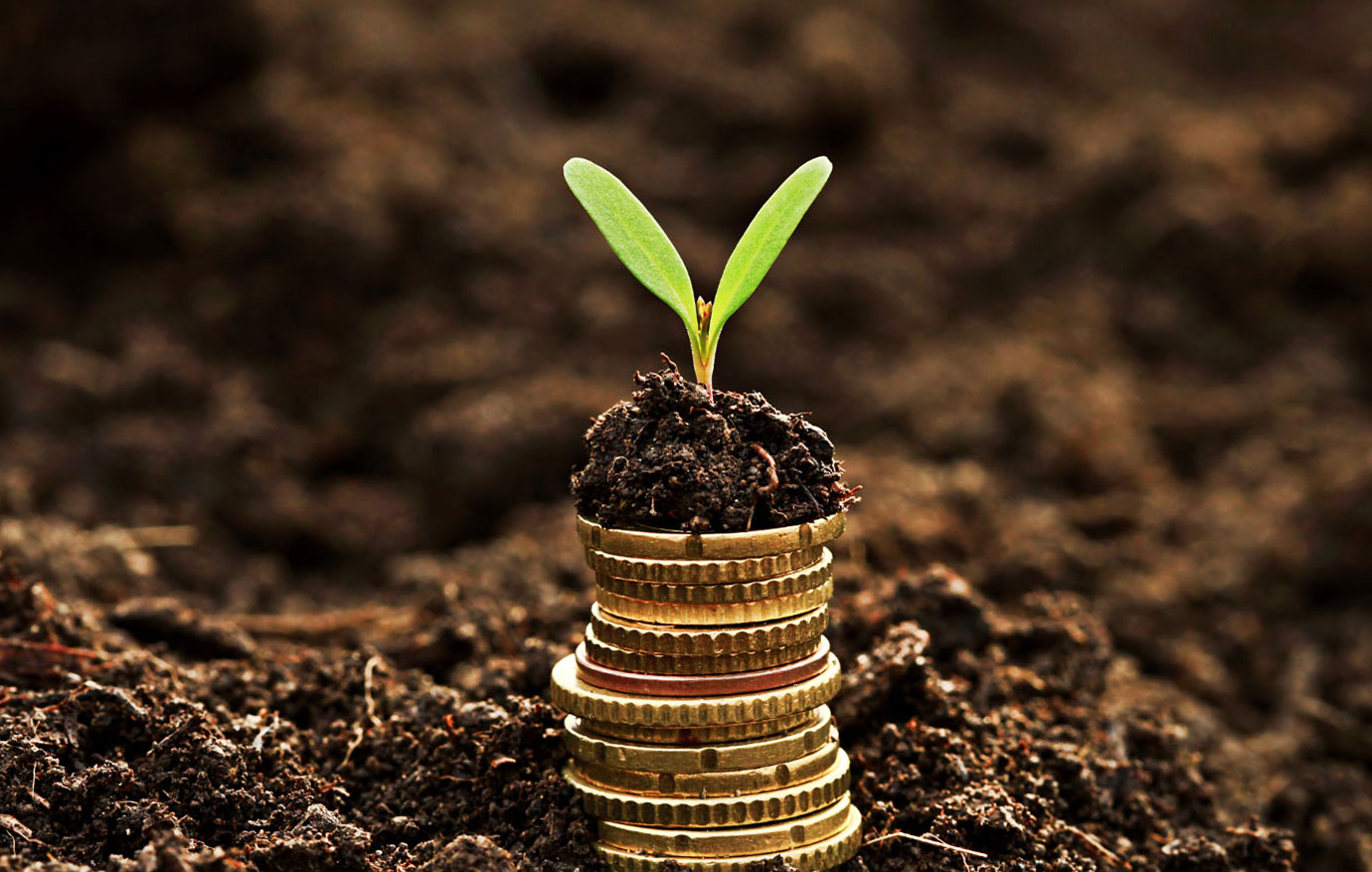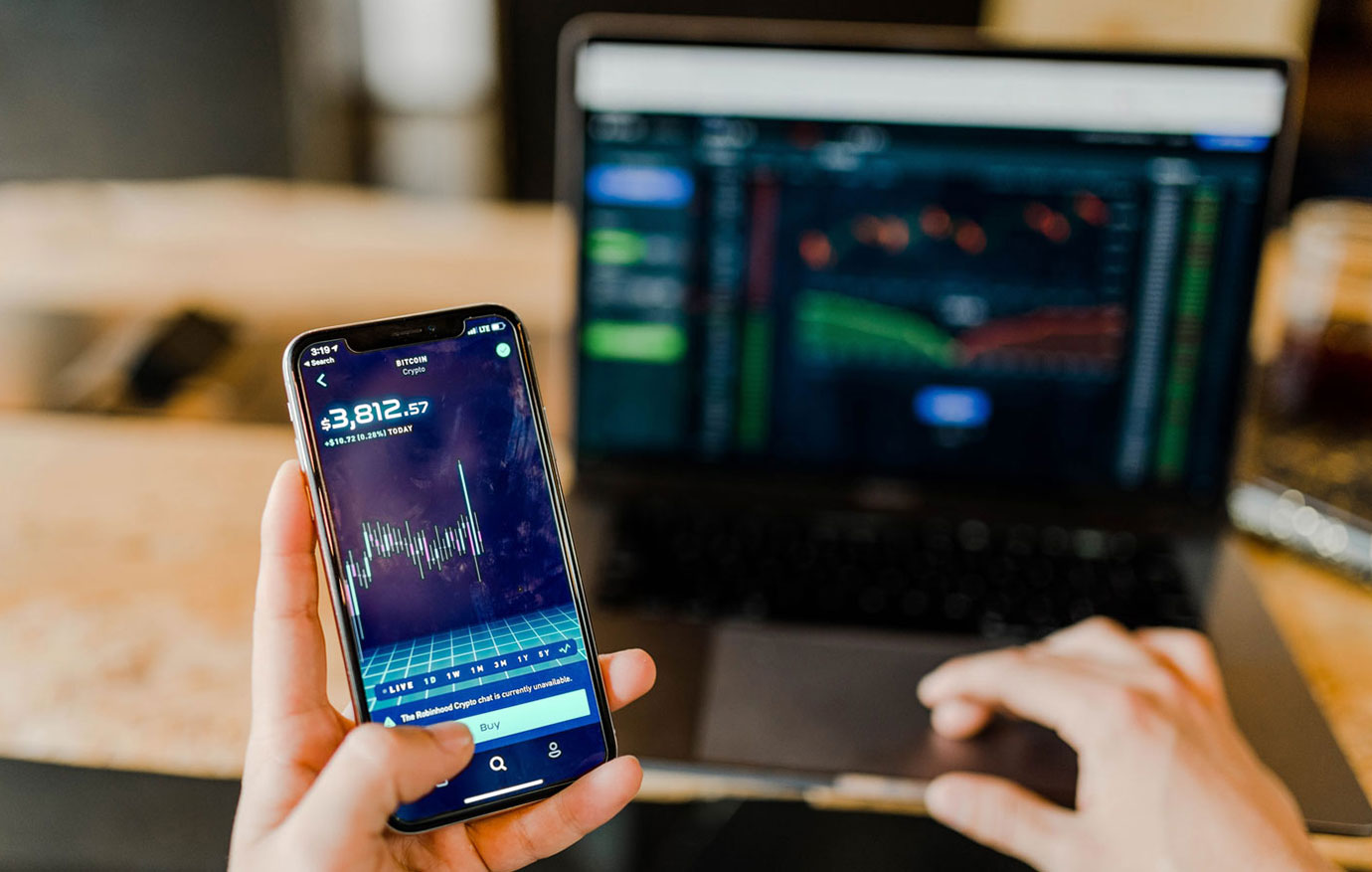
2022: The Year of the Hangover?
The global recovery has slowed down significantly since the peak of the reopening effect in June 2021. What many expected would be a multiyear cycle of above-trend growth is proving to be a more modest bounce. Furthermore, according to Bloomberg Economics, the global economy will likely grow in the next ten years at a slower pace than in the decade prior to the pandemic.
The causes of the slowdown are clear. On one hand, China’s real estate bubble is a larger problem than anticipated, and there is no way in which the Chinese authorities can engineer higher growth from other sectors to offset real estate, which accounts for almost 30 percent of the country’s GDP and was growing at double-digit rates in the past years. Additionally, inflation is rising all over the world due to a combination of excessive monetary policy and supply chain challenges brought by the lockdowns. Global food prices reached a new record high, making it more difficult for the poor to navigate the crisis. Finally, large stimulus plans have delivered no significant multiplier effect.
Why would 2022 be the year of the hangover? Because the signs of overheating of the global economy are multiplying.
Twenty twenty-one was a year of massive demand-side policies. To the effect of the reopening, policy makers added enormous deficit-spending plans, infrastructure and current spending boosts, and a massive monetary stimulus. The triple effect of the largest monetary stimulus in years, the reopening, and enormous government spending programs have overheated the economy. It is evident in inflationary pressures, housing, indebtedness, and twin deficit imbalances in most large economies. And those effects will not be there, or at least be present in the same proportion, in 2022.
Twenty twenty-one was the year of binge spending. Twenty twenty-two is likely to be a hangover.
The combination of those enormous demand-side effects did not deliver the expected growth in 2021 but opened the door to a ghost of crises past: inflation. In January 2021, all policy makers said there was no risk of inflation, rather the opposite. In March they told us it was due to the base effect. In June, they said it was temporary. Now they see it as “persistent,” according to Jerome Powell, chair of the Federal Reserve.
Inflation has been a heavy burden on families and businesses. Real wages are falling, disposable income is weakening, and small business margins are suffering. If inflationary pressures persist, the impact on consumption and investment will likely be larger in 2022.
Many believe that the slowdown is going to contain the inflationary spike. It may, but we should never forget that inflation accumulates. Those who see inflation in the United States moderating to 3 percent in 2022 should remember that this means more than 9 percent in two years.
The hangover effect is likely because the large deficit approved for the United States budget and the Biden infrastructure plan are pushing inflationary pressures in energy intensive activities and current spending.
Governments and central banks are incentivizing demand where there is no need to do so, as it was mostly a case of reopening the economy, not a liquidity or spending problem, and pushing global money supply and new credit to areas that have excess capacity. Meanwhile, underinvestment in commodities remains a key issue.
More government spending and more debt are causing a weaker recovery and slower job creation. At the same time, excessive monetary stimulus is eroding real wages.
The United States may pass this difficult year because global demand for US dollars is rising as other world currencies weaken, but the eurozone, which did not even see a strong recovery in 2021, is in an exceedingly difficult position. The US and European economy would have recovered faster and created more jobs with lower government intervention in the middle of the reopening. Now the negative effect of excessive spending and debt is likely to be larger. After overheating the economy with unnecessary spending, it is difficult for policy makers to stop or admit the mistake. Central banks and governments will interpret the “hangover” slowdown as a need for more stimuli. And they will be wrong again.



